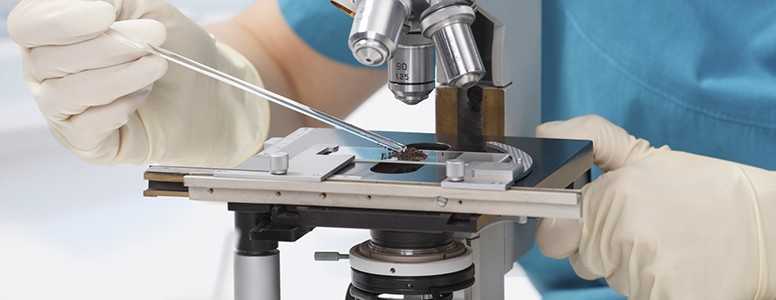People with a rare autoimmune disorder produce antibodies that could lead to a reduced risk of type 1 diabetes, a study reports.
Scientists at King’s College London investigated people with autoimmune polyendocrine syndrome type 1 (APECED) and found that the autoimmune antibodies they produce could have therapeutic potential.
APECED is a rare and poorly understood disease that occurs when multiple endocrine glands experience dysfunction. A patient develops APECED upon receiving two changed (mutant) AIRE genes, one from each parent.
Eighty-one people were investigated as part of an international study, all of whom had APECED. The participants had defects in the autoimmune regulator gene, meaning that this gene could no longer regulate T cells, which then mistake the body’s own proteins for foreign invaders.
Professor Adrian Hayday explained that while this defect puts APECED patients at risk of autoimmune diseases such as multiple sclerosis and lupus, a surprisingly low number of patients develop type 1 diabetes.
Hayday and colleagues identified increased T cell auto-reactivity in patients with APECED, which was linked with increased auto-reactivity of B cells. B cells produce antibodies that mistaken target proteins within the body.
The various B cell-derived autoantibodies of the 81 patients were tested in a mouse model of psoriasis, and the researchers found that the antibodies could inhibit the development of this autoimmune condition.
“After establishing the antibodies could protect mice from a form of psoriasis, there came the realisation that perhaps the antibodies were actively limiting disease in the APECED patients themselves. Perhaps this was why the patients were arguably not so ill as they might have been expected to be,” said Hayday.
Investigating type 1 diabetes
Next, the researchers investigated why APECED patients did not develop type 1 diabetes. Blood samples of eight APECED patients with type 1 diabetes were compared to 13 APECED patients who had GAD autoantibodies (a marker of type 1 diabetes) but had not developed the condition.
Those without type 1 diabetes produced autoantibodies that prevented a subtype of interferon called interferon-alpha from causing inflammation. But these antibodies were not produced by the patients with type 1 diabetes.
The researchers believe that by inhibiting interferon-alpha, the autoantibodies created by patients with APECED could prevent them from developing type 1 diabetes.
“This study provides correlational evidence for active anti-interferon antibodies providing protection from type 1 diabetes, but more research is needed to prove causation in humans,” added Hayday.
“These findings give a firm foundation for exploring the potentials of autoantibodies from APECED patients to ameliorate type 1 diabetes and other important autoimmune diseases that are rarely, if ever, present in APECED patients.”
The findings appear in the online journal Cell.
What's new on the forum? ⭐️
Get our free newsletters
Stay up to date with the latest news, research and breakthroughs.






